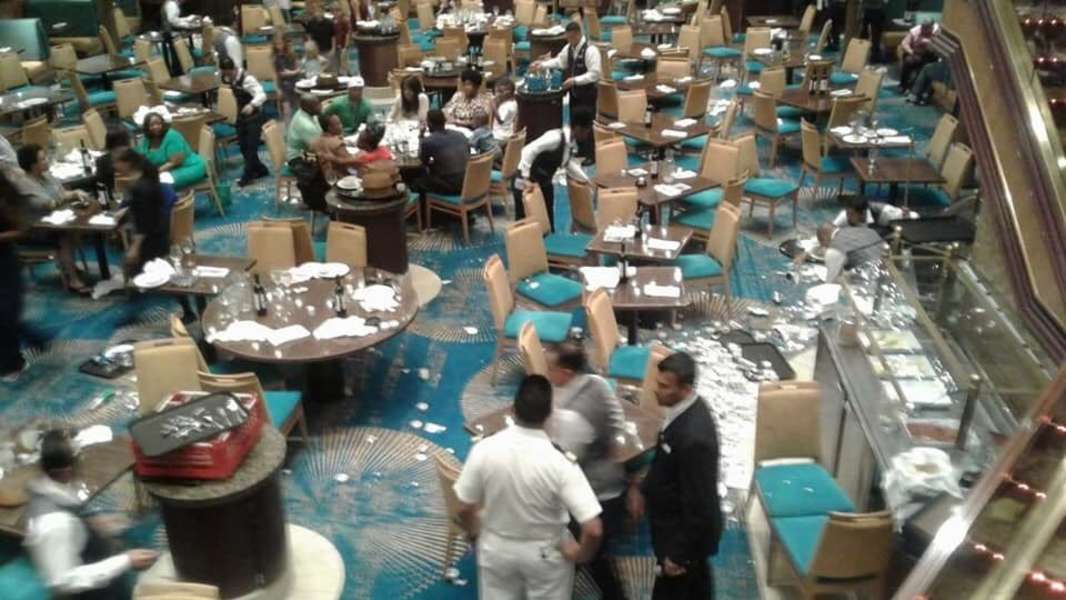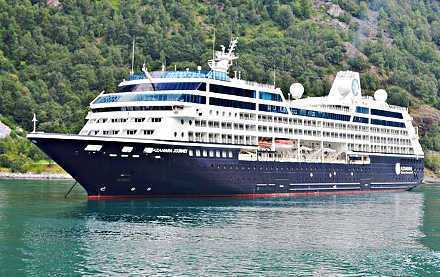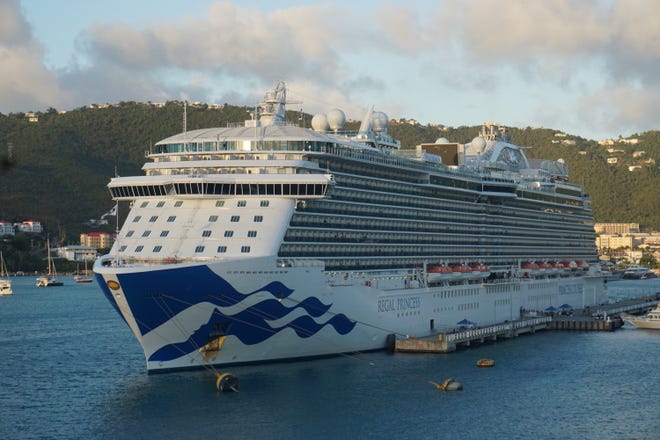
A cruise ship's medical centre is specifically designed to provide onboard health care for passengers and crew. This center usually features separate reception areas to accommodate passengers and crew as well as doctors' consultation rooms, dispensary and X-ray rooms and treatment rooms. These rooms are equipped for surgical instruments and sterile equipment. The inpatient area includes one to three two-bed beds wards, as well as a central nursing area.
Medical staffing on cruise ships
There is a wide range of medical staff onboard cruise ships. Regardless of the size, medical staff members are trained to perform a range of tasks, including emergency care, non-urgent nursing interventions, prescription monitoring, and documentation. A doctor is responsible for administering medications as well as coordinating logistics for evacuations and referrals. Medical staff members can also help with a wide variety of routine tasks, such as administering medication and managing preventative health programs for passengers and crew.
Most cruise lines have an on-board medical facility. The facility has nurses and doctors available 24 hours a days, as well several beds for minor illnesses and emergencies. The ship doctors and nurses often deal with minor injuries and motion sickness. In certain cases, they may coordinate with local medical professionals to ensure proper care. The medical staff aboard a cruise ship must have had experience with COVID in addition to their regular doctor and nurse staff.

Cost of medical treatment
Cruise ships are not floating hospitals. However, their onboard medical services are more advanced than those found at shore hospitals. Infirmaries can treat minor injuries and illnesses and stabilize passengers until they can be transferred to the nearest land hospital. You can get basic care as well as emergency care 24/7. Although medical care on board is far more limited than that of a traditional hospital, the doctors and nurses on board can treat many common ailments.
Most insurance plans do no cover medical services outside the U.S. and can charge several thousand dollars for a hospital on a ship. Medicare is flexible and will pay some of the costs, provided the treatment is necessary. Ambulance costs are covered if the ship is less than six hours from a U.S. port. It might also include services offered by connected providers as well as ambulance costs, if the hospital is closer than the resident's house.
The location of the medical center
Cruise ships aren’t hospitals floating on the seas, but they have medical facilities and staff who can help with minor problems. There are usually several beds, stretchers and backboards available for spinal injuries. The cruise ships have an emergency room and basic care for anyone suffering from seasickness, sea/motion sickness, or other conditions. The medical staff is available seven days a semaine, 24 hours a year.
Cruise ships can become dangerous if there is a medical emergency. The medical team is trained to handle minor illnesses and severe emergencies. In severe cases, an evacuation may be required to transport the patient to a port nearby. In these instances, the ship's manager may ask for assistance from nearby ships or helicopters. If the evacuation is not possible, passengers should call 7-3000 for immediate assistance.

Qualifications of medical staff
A cruise ship's medical staff must be highly educated and have extensive experience in emergency medicine. Any emergency must be attended to by board-certified physicians. Nurses must also have at least three years of post-graduate experience. All staff must also be certified in advanced medical support and have been COVID-infected. It is essential that medical staff aboard cruise ships can navigate computer software systems.
A nurse working aboard a cruise ship needs to be highly qualified. However, a bachelor’s degree in nursing may be desirable. An RN license is required, as well as a certification in advanced cardiac life support. Furthermore, nurses on cruise ships must have at most three years experience in emergency, acute, and specialized care. This typically refers back to working in a hospital environment.
FAQ
These 4 factors determine the price of a cruise.
The main factors determining the price of a cruise are the length of time you want to spend on board, whether you would prefer an all-inclusive package, how many people you plan to take along, and what type of cabin you have booked.
Why don't you book your cruise early?
Not always necessary to book your cruise early. Waiting until the last minute may save you money. You should book in advance if you don't want to wait. This allows you to take advantage of special deals and promotions offered by cruise lines.
How does cruising work?
A deposit is required to reserve a cabin for a cruise. It can range from $50-$100. Your balance is due 30 days before departure. You will check in to your cabin once you have arrived at the port. You may then participate in one or more of the many activities onboard.
Why are cruise vacations popular?
A cruise is a great option for travelers who don't want the hassle of long flights and delays. You can also relax in a serene environment where you don't have to worry about your schedule or any other aspects of daily life.
Also, cruise ships make it easy to visit different locations on land or at sea. This gives them plenty of time to see all the sights and attractions available in each destination.
Statistics
- For an example of savings, Royal Caribbean offers up to a 40% discount with a dining package. (travel.usnews.com)
- *20% Gratuities Apply on Free Unlimited Open Bar; Free Specialty Dining. (ncl.com)
- You can save 15% off the total price if you book in advance of your trip. (travel.usnews.com)
- The line estimates savings of 50% when you purchase this bundle. (travel.usnews.com)
External Links
How To
How do I plan my first Cruise?
Like any other trip, planning a cruise requires you to think about many factors, including where to go, what activities, how much to budget, and what to do with your money. When planning your first cruise, you should know some things to keep in mind if cruising is new to you. Cruises last longer than traditional land vacations (up 3 weeks), so don't forget to pack! These tips can make your vacation easier.
-
Book your cruise as early as possible - Make sure you book at least six months before you depart. You'll be able to find great deals and avoid crowds. You'll also have ample time to research the ship, its itinerary, ports, and other activities. You might even find an airfare deal!
-
Select a destination. It doesn’t matter which port is chosen; choose the one that appeals most to you. There are many reasons why people love to cruise. Some love to travel while others prefer to relax and unwind on the boat. Whatever floats your boat, just remember to keep in mind the type of destination you'd like to visit. A Caribbean island is a favorite choice. Alaska and Europe are close behind.
-
Booking a Suite is a good option if money is not an issue. Suites provide extra space and a private balcony as well as additional amenities. They are usually available from $100-$300 per night, depending on the size of your room and the availability of suites during your sailing date.
-
Check the weather forecast. Cruising can often be associated with warm tropical environments. Check the weather forecasts for days that you will be visiting ports. It's unpredictable in the ocean, especially in Antarctica or Alaska, so it is important to be aware of what the weather might be like before you book your cruise.
-
Limit your packing to 10 items for your cruise. It's not necessary to pack too many clothes or shoes into your suitcase. Instead, pack everything you'll need into small carry-on-sized bags. Also, bring clothing you can layer because you likely won't always be able to access laundry facilities onboard.
-
Do your research - Read online reviews before buying tickets. It is important to understand what their cancellation policies are, as well as the pricing policies.
-
These must-see places are worth a visit. Each one has its own culture and charm, so be sure to visit every local site.